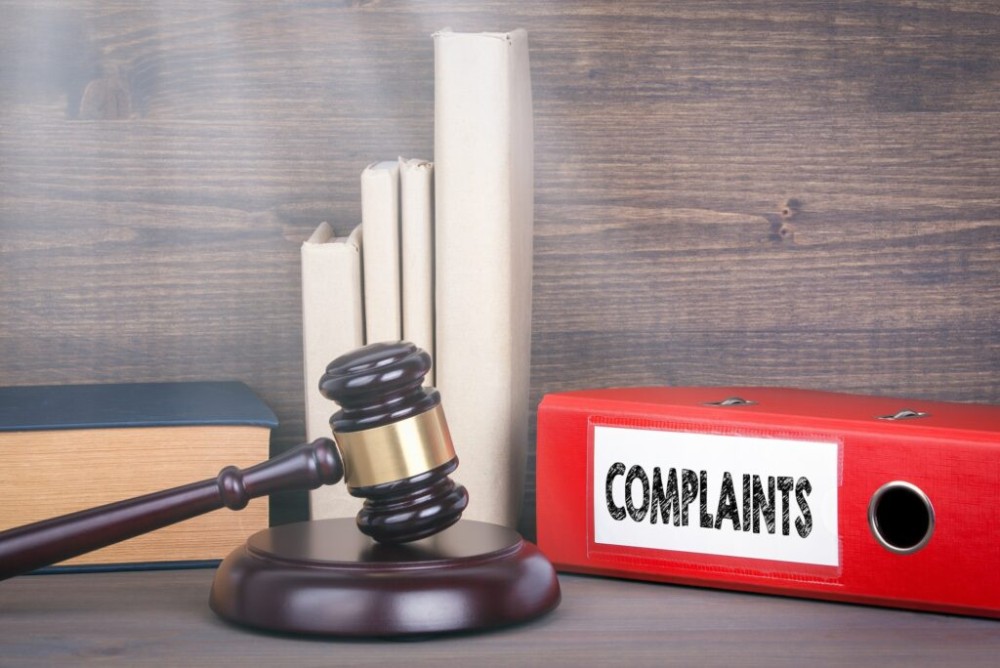
Discover the most common complaint formatting errors that derail cases and learn how Legal Husk ensures your filing is polished, persuasive, and court-ready.
Learn More →
Learn why evidence is the backbone of every strong complaint, how it strengthens your legal claims, and how Legal Husk transforms your facts into a compelling filing that survives defense challenges.
Learn More →
Discover why complaints without a solid legal hook fail quickly in court and how Legal Husk ensures your filing is grounded in strategy, precision, and strength from the very first page.
Learn More →
Filing a complaint is the hardest step in any lawsuit. Discover why that first filing defines your case and how Legal Husk ensures your complaint carries the strength to reach the courtroom.
Learn More →
Even intelligent plaintiffs make fatal mistakes when drafting complaints. Learn the pitfalls you must avoid and how Legal Husk ensures your complaint survives defense scrutiny.
Learn More →
Discover the hidden weaknesses in legal complaints that defense lawyers target to get cases dismissed. Legal Husk shows you how to fix them before it is too late.
Learn More →Whether you are dealing with a complex family matter, facing criminal charges, or navigating the intricacies of business law, our mission is to provide you with comprehensive, compassionate, and expert legal guidance.